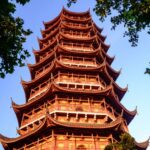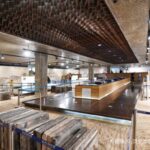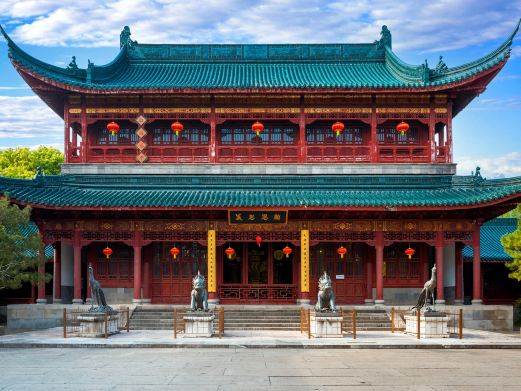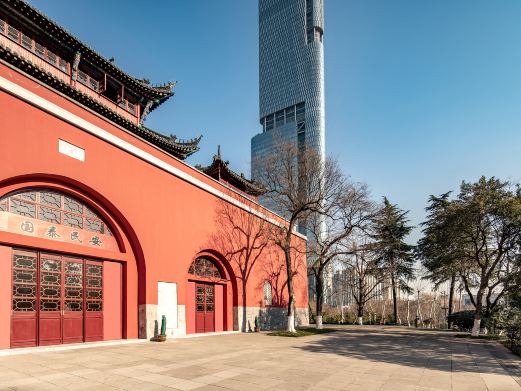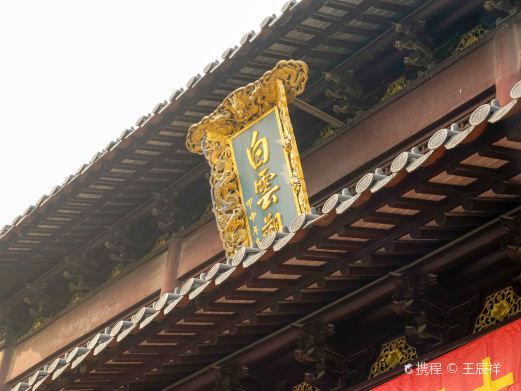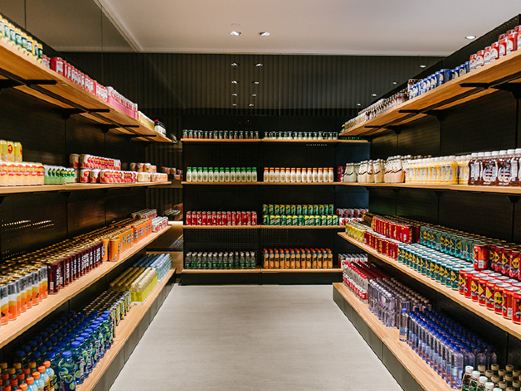Yi Pu Garden, originally constructed in the 20th year of the Jiajing era (AD 1541), was acquired by Wen Zhenmeng, the grandson of the renowned calligrapher and painter Wen Zhengming, in the 48th year of the Wanli era (AD 1620), and was then known as the Medicinal Garden. In the 16th year of the Shunzhi era (AD 1659), the garden was owned by Jiang Cai from Laiyang, Shandong, and was renamed Yi Pu Garden.
It is a small garden with distinctive Ming Dynasty artistic features and is considered one of the smaller gardens in Suzhou. The layout of the garden is concise and cheerful, with a natural and simple style, devoid of any overly ornate or contrived elements, making its artistic value superior to those of late Qing Dynasty gardens. From the arrangement of mountains and waters, to the spacing of pavilions and platforms, and down to the detailed treatment of every stone and tree, the garden exudes an air of simple elegance. Centered around a pond, the garden is divided into residential and garden areas. The north of the pond is primarily composed of buildings, including the Boya Hall and the Yanguang Pavilion. The south of the pond is dominated by mountain scenery, with a cliff and stone path made of lake stones, which is both varied and natural. To the east of the pond is the Ruyi Pavilion, a remnant structure from the Ming Dynasty. Looking south from the waterside pavilion, the integration of mountains and waters, along with the lush vegetation, creates a wild and rustic charm, which is the main focal point of the garden. The combination of pond water, stone paths, and cliffs, which emulates and transcends nature, is a common gardening technique used by landscapers in Suzhou during the late Ming and early Qing dynasties.Opening Hours: From March 1st to October 31st, the garden is open from 07:30 to 17:30; from November 1st to February 28th, the garden is open from 07:30 to 17:00.

Preferential Policies: Children aged 6 and under or with a height of 1.4 meters and under, with valid identification, enter for free. Minors aged between 6 and 18, with valid identification, receive a half-price discount. Elderly aged 70 and above, with valid identification, enter for free; those aged between 60 and 70, with valid identification, receive a half-price discount. Students with full-time undergraduate or lower-level student status, receive a half-price discount.

The above information is for reference only. The specific content is subject to the announcements at the scenic spot.


